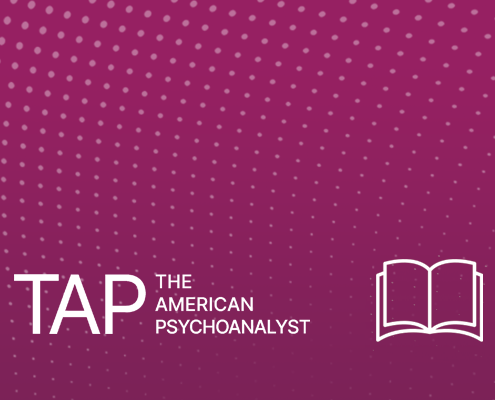The diagnostic category of melancholia, described by Freud, still has much to teach us in respect of effective clinical psychoanalytic treatments, even if reference to the term is largely absent in diagnostic debates. Melancholia, as understood by Freud, involves identification with a loved then lost and subsequently hated object, resulting in aggression being directed against the subject’s own ego. A Lacanian psychoanalytic approach to melancholia adds to this clinical picture: a ‘terror of closeness’ (avoidance of intimacy), difficulties in situating oneself in long-term symbolic roles, and reveries of an end (images of something beyond one’s current life). Derek Hook, Ph. D. — Research Interests or Expertise
Lacanian Psychoanalysis: Theory & Practice
Critical and Post-structural Psychology
Introduction to Psychology as a Human Science
APsA Publications

The Journal of the American Psychoanalytic Association (JAPA)
JAPA is a peer-reviewed journal publishing original articles and commentaries, ground-breaking research, thoughtful plenary addresses, in-depth panel reports, and more.

The American Psychoanalyst (TAP)
APsA’s triannual magazine, TAP, offers a psychoanalytic perspective on current events in psychology, the arts, and culture for mental health professionals, students, and the general public.

Psychotherapist Newsletter
The Psychotherapist Newsletter features scientific programs and publications about psychoanalytic psychotherapy, personal reflections, social and community issues, and advocacy.
© 2009-2025 American Psychoanalytic Association | 122 East 42nd Street, Suite 2310, New York, NY 10168 | Phone: (212) 752-0450 | [email protected]

